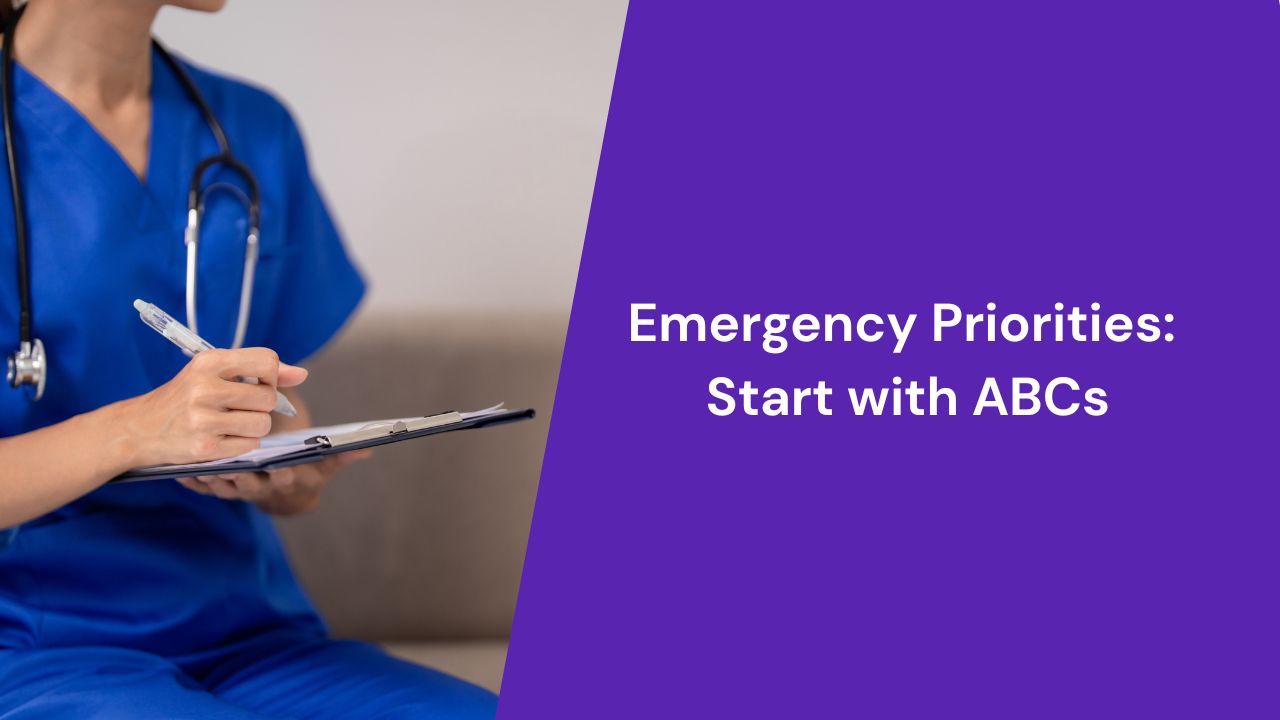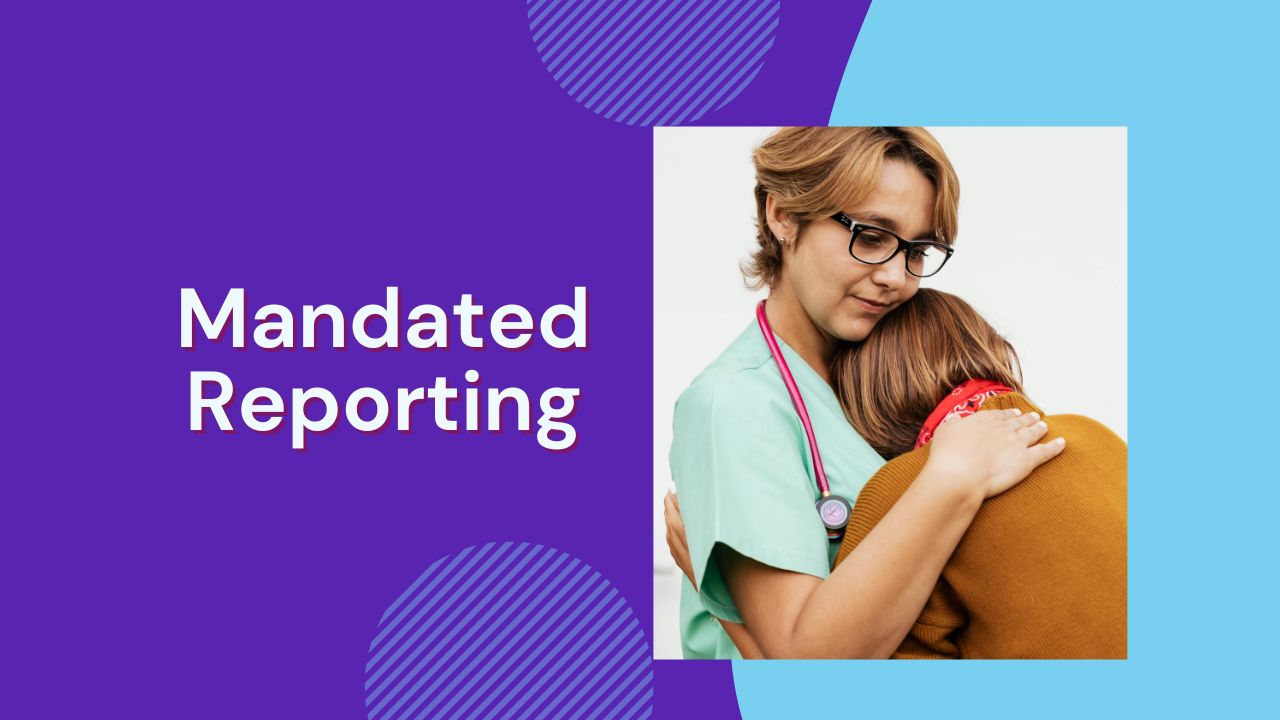The healthcare industry, particularly the nursing field, has faced significant challenges over the past five years. Even before COVID-19 crossed the species border, global nursing advocacy organizations warned of a severe nursing shortage. Despite plans to work on the shortage issue strategically, the pandemic hit, and shortage fears became apparent and devastating as healthcare systems and clinicians struggled to face an ambivalent adversary with immense reach.
In 2017, more than 50,000 qualified nursing student applicants were turned away because of a shortage of faculty and clinical opportunities. Unfortunately, that number has grown. Community and legislative awareness have turned their attention to the problem, and while it remains an issue, nursing programs continue working to meet the demand necessary to supply the nursing workforce. In this article, we'll cover what does being an RN mean, how long are most RN nursing programs, and review the various types of registered nurse education programs that are available today.
What Does it Mean to Be a Registered Nurse?
Within the label "nurse," there are different levels of licensure. There are licensed practical or licensed vocational nurses (LPN or LVN), there are advanced practice registered nurses (APRN), and there are registered nurses (RN). This guide focuses specifically on how to become an RN with either an ADN or BSN.
How Long Does it Take to Become an RN?
How fast you become an RN depends on several factors; What type of RN do you want to become? Will you work the nursing program at a full-time pace? Do you already have a lower-level license that can be applied to an RN program as a bridge?
Registered Nurse Education Programs
Some RNs are ADNs (associate's degree in nursing), and others are BSNs (bachelor's of science in nursing degree).
Advanced-level RNs are APRNs (advanced practice registered nurses) who hold graduate-level degrees.
Learn What is an APRN, the Average Salary, and More
Associate's Degree RN
You're likely to find ADN programs in the smaller community colleges and vocational schools, which often means the tuition and costs are lower than that of BSN programs. The ADN track is a two-year program and is the minimum level of nursing education required to become a registered nurse. An ADN program will consist of important core prerequisite classes not only in sciences and mathematics but language, communications, and likely psychology as well. The prerequisite courses will be built upon nursing classes and clinical hours. Clinical hours function as supervised healthcare-setting experience and are required by all nursing programs; although the number of clinical hours varies by state but likely vary between 400-700 clinical hours.
Bachelor's Degree RN
BSN programs are often more expensive than ADN programs because they are offered by universities. Furthermore, BSN programs are longer in duration, four years. The first two years focus on broad prerequisite courses for general education and nursing prerequisites in mathematics and sciences, while the last two years dive into nursing-specific courses and learning. Many BSN programs require at least 600 clinical hours, although the NCSBN mentions on their website, "experts agree that it is not the number of hours, but the quality of the experience," so the actual number of clinical hours required may vary depending on the BSN program.
What Qualifications Are Needed to Be Accepted to an RN Program?
We've established that entry into nursing programs is competitive, so it's important to research what nursing programs are looking for in their applicants. Not all nursing programs have the exact same qualification criteria. Nevertheless, there are some high school classes that set the foundation for nursing learning and other factors that are considered in nursing student applications.
- A High school diploma or GED equivalent is required for any nursing program.
- High school chemistry, biology, and math class grades are scrutinized; most programs want to see a grade of C or higher in these classes.
- A high school GPA of 2.75 or higher is important. Typically, BSN programs will look for higher GPAs than ADN programs.
- Some nursing programs may require SAT or TEAS (Test of Essential Academic Skills).
- Some nursing programs will look for volunteer work or CNA (Certified Nursing Assistant) experience.
Bridge Programs to RN
So, what about people who want to be RNs, and already have some medical training? Does it count for something? Yes! RN programs have been developed over the years that seek to streamline training, taking into consideration the fact that some people joining nursing programs already have formal medical training and experience, which would set them ahead in knowledge and/or skills in some regards from other new nursing students. These programs are called bridge programs, which means their curriculum is slightly different to account for bridge nursing students' skills, or they allow bridge nursing students to test out of certain subjects to jump ahead.
There are LPN/LVN to RN bridge programs and Paramedic to RN bridge programs. These bridge programs also offer paths to either an ADN or BSN, which again impacts the length of time you can expect to become an RN.
Accelerated Nursing Programs
What about people who already have a bachelor's degree (not in nursing) and who have decided to make a career change and get into nursing? For bachelor's degree holders, there are accelerated nursing programs, which may operate similarly to the above mentioned bridge programs. Some coursework from the bachelor's degree may be applicable towards a BSN. Accelerated nursing programs are, exactly as their name implies, accelerated. These programs usually require students to make a full-time commitment and may be completed in as little as 12 to 18 months. Licensing as an RN with dual bachelor's degrees is likely to be beneficial in the job market.
Can I Become an RN Through Online Nursing Programs?
There are numerous online nursing programs in today's world, and often these programs offer students with family or other work responsibilities the flexibility they need to manage their coursework. Nevertheless, clinical hours are a requirement for online nursing programs as well. Some online nursing programs will help their nursing students set up clinical experiences, but not all.
You may find that some ADN and BSN programs offer a hybridized version, where some course classes are offered online and others in-person only.
Licensure is Required to Work as an RN
Don't forget that an important piece of becoming an RN is the NCLEX-RN. Licensure by the NCSBN is required in order to practice as an RN, regardless of which type of nursing program you have completed.










.jpg)



